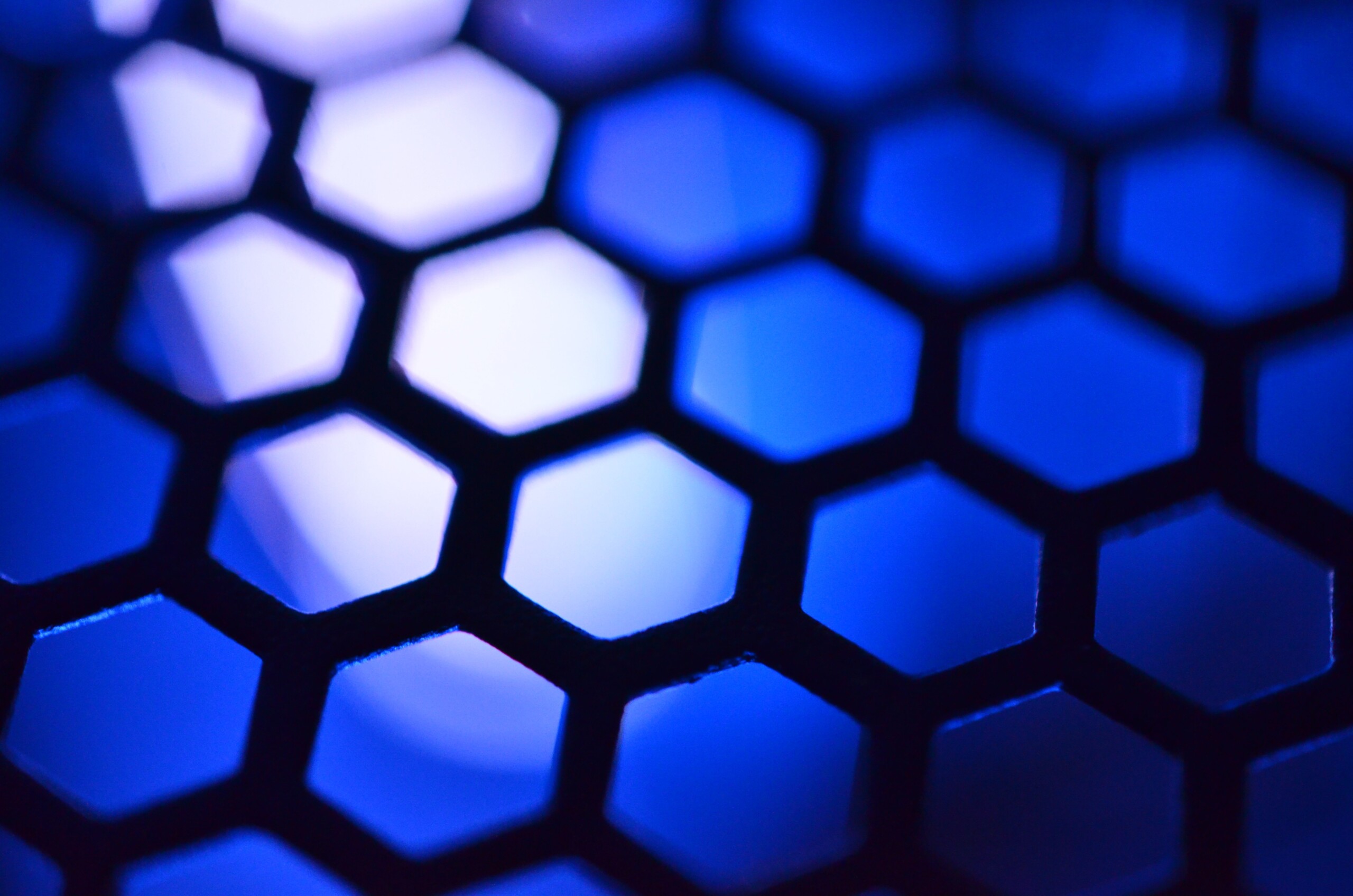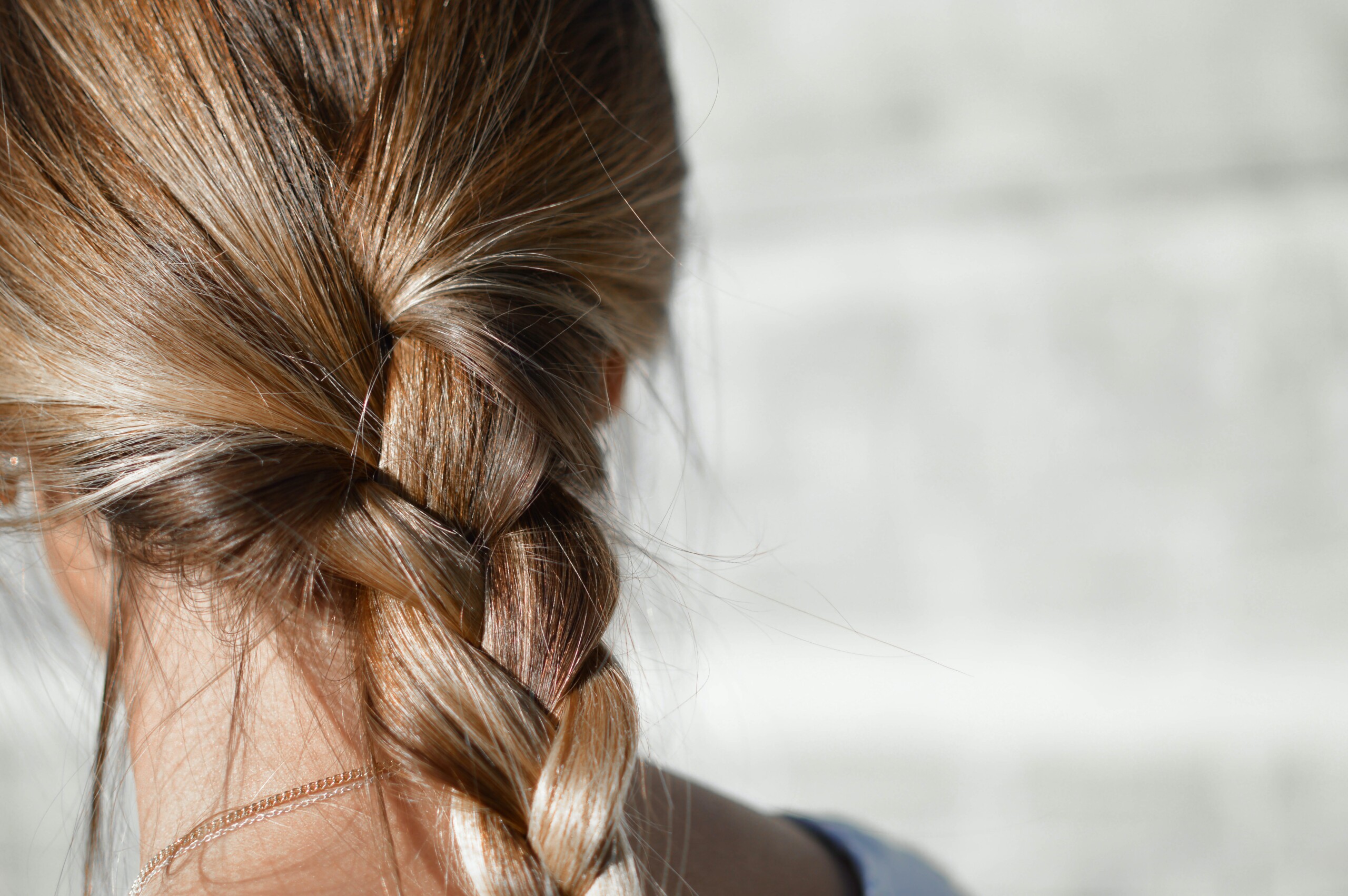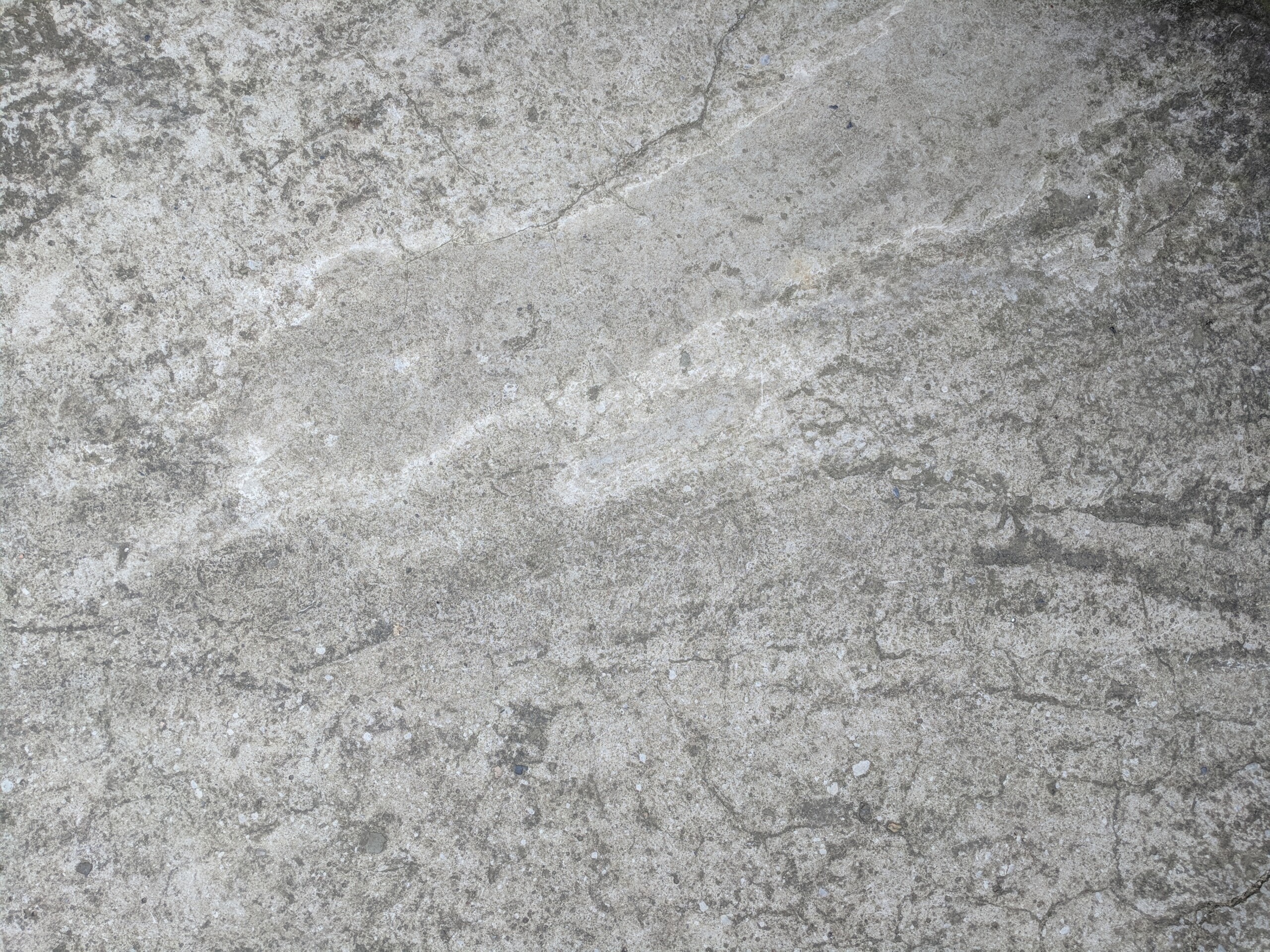Table of Contents
Manuka Honey for Surgical Wounds
Introduction
Surgical wounds are a common occurrence in medical procedures, and it is essential to provide proper care and treatment to promote healing and prevent infection. One effective and natural option to consider is using manuka honey for surgical wounds. Manuka honey, derived from the nectar of the manuka tree in New Zealand, has unique properties that make it a valuable tool in wound healing. In this article, we will explore the benefits of using manuka honey on surgical wounds and how it can aid in the healing process.
The Benefits of Manuka Honey for Surgical Wounds
Maintaining a Moist Wound Healing Environment
One crucial aspect of wound healing is maintaining a moist environment. Manuka honey is known for its ability to create and sustain this ideal healing condition. Unlike traditional dressings that can dry out the wound, manuka honey provides the perfect balance of moisture, allowing the wound to heal from within. The honey forms a protective barrier over the wound, sealing in moisture and preventing further damage.
Low pH Manuka Honey and Bacterial Control
Another significant benefit of manuka honey for surgical wounds is its low pH level, which helps prevent the growth of bacteria. Surgical wounds are prone to infections, and using manuka honey can help reduce this risk. The low pH level of the honey creates an unfavorable environment for bacteria, inhibiting their growth and proliferation at the wound site. By controlling bacterial growth, manuka honey promotes a clean and infection-free healing process.
Autolytic Debridement and Healthy Granulation
Manuka honey’s unique properties also contribute to autolytic debridement and healthy granulation – two essential aspects of wound healing. Autolytic debridement refers to the process of breaking down and removing dead tissue from the wound. Manuka honey’s natural enzymes help facilitate this process, allowing the body to eliminate necrotic tissue and promote the growth of healthy new tissue.
Additionally, manuka honey encourages healthy granulation, which is the formation of new blood vessels and connective tissue in the wound. This process is crucial for proper healing, as it helps rebuild damaged tissue and promote the formation of a strong and healthy scar.
Antimicrobial and Anti-inflammatory Properties
One of the key reasons manuka honey is effective for surgical wounds is its antimicrobial and anti-inflammatory properties. The honey contains elevated levels of methylglyoxal (MGO), which possesses potent antimicrobial properties. MGO directly targets and inhibits the growth of bacteria, reducing the risk of infection and promoting wound healing.
Inflammation is a normal response to injury and surgery, but excessive or prolonged inflammation can hinder the healing process. Manuka honey’s anti-inflammatory properties help reduce inflammation at the wound site, allowing for a more efficient healing process.
How to Use Manuka Honey for Surgical Wounds
Using manuka honey for surgical wounds is relatively simple and can be done in a few steps:
-
Clean the wound thoroughly with mild soap and water or a saline solution. Ensure that any debris or foreign matter is removed from the wound.
-
Apply a thin layer of manuka honey directly onto the wound. Use a sterile applicator or clean hands to prevent contamination.
-
Cover the wound with a sterile dressing, such as a non-stick pad or gauze. Secure the dressing in place with medical tape or a bandage.
-
Monitor the wound regularly for any signs of infection or other complications. If necessary, consult a healthcare professional for further evaluation and guidance.
It is important to note that manuka honey should not be used on infected wounds without proper medical supervision. While manuka honey has antimicrobial properties, severe infections may require additional medical intervention.
Conclusion
Manuka honey is a natural and effective option for promoting healing in surgical wounds. Its unique properties, such as maintaining a moist wound healing environment, low pH bacterial control, autolytic debridement, and antimicrobial and anti-inflammatory properties, make it a valuable tool in wound care. When used correctly, manuka honey can aid in the healing process, reduce the risk of infection, and promote healthy tissue formation. It is important to consult with a healthcare professional before using manuka honey on surgical wounds to ensure proper wound care and optimal healing.









